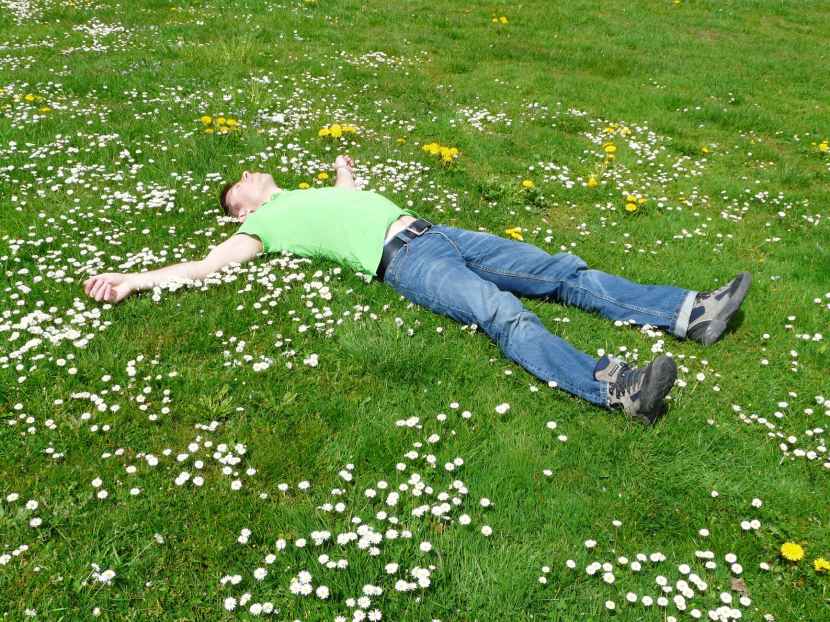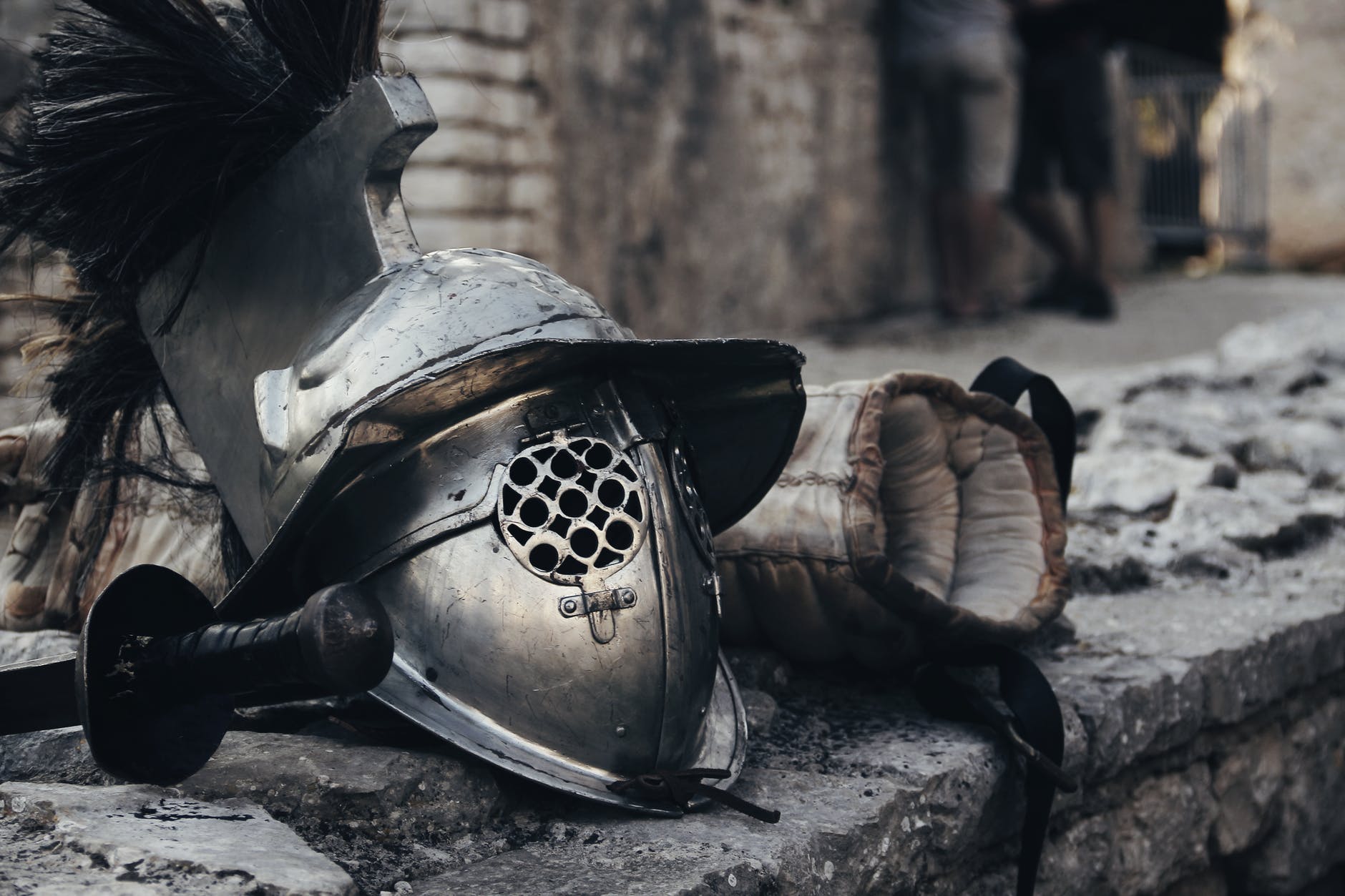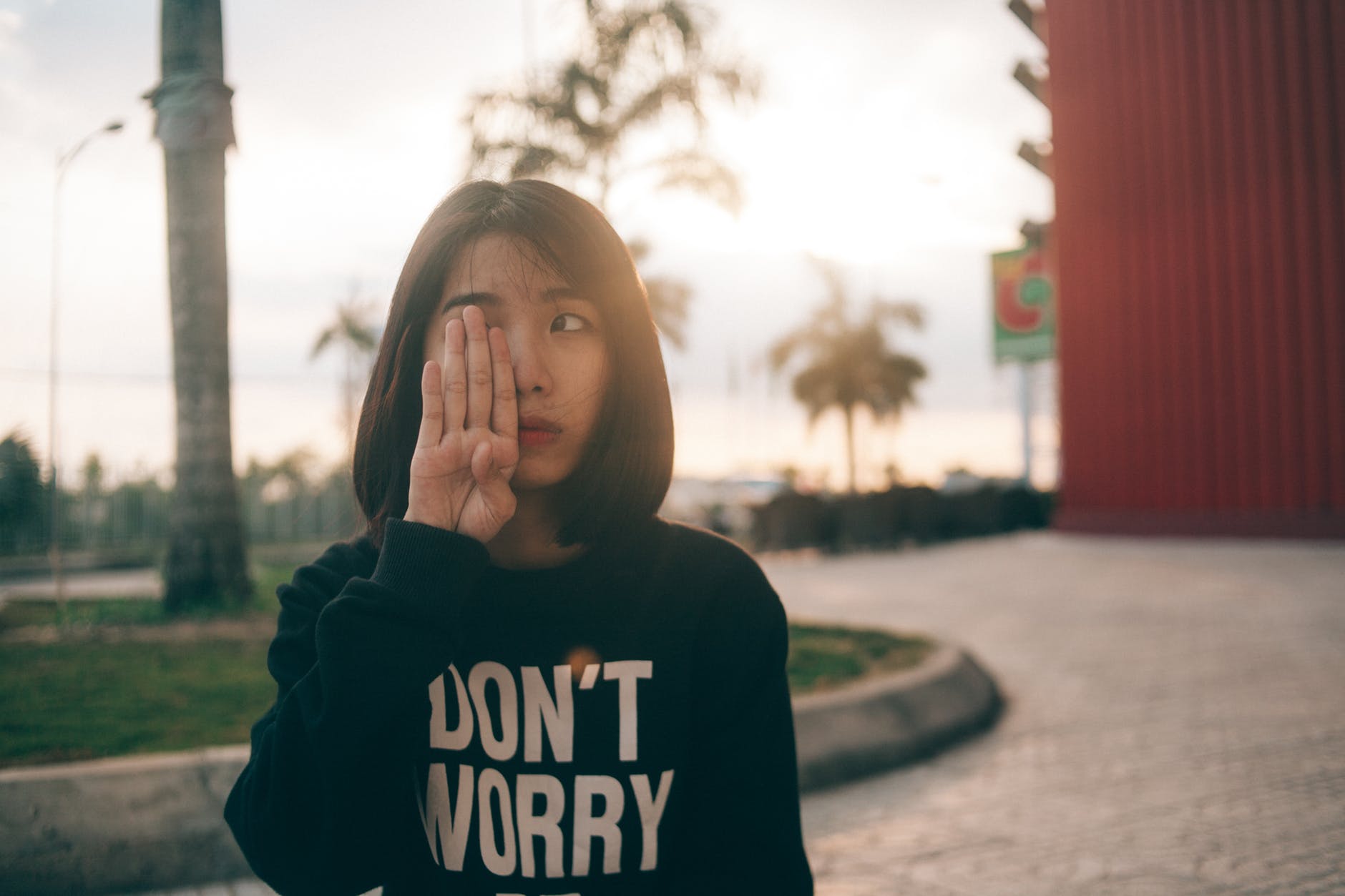Today, in commemoration of Guido von list’s transition 105 years ago, let’s delve into a few ideas of Guido von List when he introduced his version of the Aryo Germanic religion. He was a thinker who had some interesting ideas, besides describing the runes, about the world and our place in it.

Listen up! The first thing Guido stressed was the power of words. Language, he said, is like a treasure chest that holds onto traditions for future generations. It’s also connected to the natural world around us.
Now, Guido also noticed something interesting about religion. Sometimes, there are teachings everyone knows (like stories about gods and goddesses), and sometimes there are hidden teachings, meant for a smaller group. It’s kind of like having a secret handshake – only those “in the know” understand it.
Here’s another cool idea Guido had: imagine everything in the universe, from tiny rocks to giant stars, is all connected. It’s like a giant web, and everything has its place. He even believed that spirit and matter, the things we can’t touch and the things we can, are two sides of the same coin.
Guido also thought it was important for everyone to explore their own spirituality. He called this “Wihinei.” It’s like finding your own truth, not just following what everyone else tells you. By learning and questioning, you develop your own beliefs and become a stronger person.
Now, buckle up, because Guido had some ideas about what happens after we die. He believed in a cycle of rebirth, where our souls come from a source (like a giant cosmic lake he called the “Ur”) and return to it after living many lives. It’s kind of like a journey with many chapters.
And guess what? The universe, according to Guido, follows a set of rules, kind of like a cosmic recipe. One of these rules is called the “Law of Homogeneity.” It basically means there’s a pattern to everything, from the tiniest atom to the biggest galaxy. Pretty neat, huh?
Finally, Guido believed that something divine, a spark of the greater whole, lives inside each of us. That means every single person has something special, something that connects them to everything else in the universe. Pretty cool, right?
Remember, these are just some of Guido von List’s ideas. There’s a lot more to learn about him, but this is a good starting point. We do not have to take his words blindly as truth, but he certainly gives us much to contemplate and consider as we develop our own philosophy of the world and our place in it.
Why don’t you comment about your ideas of the world and our place in it. Let’s remain open minded and supportive of each other’s ideas and philosophies.



